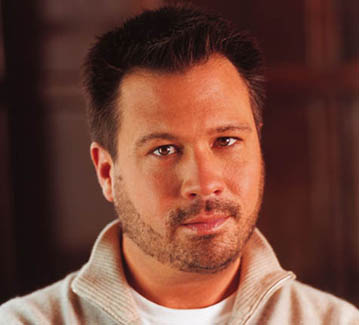David Daniels
At the Lobero Theatre, Wednesday, January 9.

CAMA has blessed Santa Barbara with countless visits from stellar international sensations, including pianist Andr¡s Schiff earlier this season. But the biggest superstar of the CAMA season-at least in terms of an artist genuinely towering in a given field-was David Daniels, making his S.B. recital debut last week at the Lobero. Granted, the field in question is a notably small and highly specialized one, that of the countertenor-the highest male voice, akin to the range of a mezzo-soprano-but Daniels is the undisputed king of this recently revived musical domain.
More importantly, though, Daniels is a great singer by any standard, with masterful control, dramatic restraint, and a bracing lucidity of tone. At the Lobero, when his voice cracked for a few microseconds during an encore, it was startling only because it seemed the only chink in the armor all evening. Although the inevitable androgynous quality of Daniels’s vocal range and timbre can still startle listeners unaccustomed to such voices, the vocal world created by the countertenor’s range actually tends to negate the issue of gender identification. When Daniels sings it becomes more about the purity of the musical instrument, regardless of gender-role stereotypes.
For this recital program, made even more luminous by the unerring aplomb of veteran pianist Martin Katz, Daniels drew on sources on and off the radar, but without the typical inclusion of Broadway ditties or any music by living composers. He started out on firm, familiar ground, with a set of Brahms songs-the best was the poignant “Heimweh II” (“Homesick II”)-and some early music treats, such as the Baroque of Frescobaldi’s “Cosi mi disprezzate” (“Do you scorn me like this”).
Daniels has made his mark mostly through Baroque opera, and in the opera canon of Handel, in particular. Handel may be both a profound joy and also a bit of a burden for Daniels by now because of over-familiarity and typecasting, but the evening’s highlight was nevertheless clearly the Handel portion of the recital-a rueful aria from Rinaldo and a virtuosic, whirlwind ornamentation from Partenope. Some of us have belatedly recognized that listening to Handel’s operas is as addictive as crack, pardon the colloquialism, and Daniels’s performance demonstrated why. A pack of bland English-language songs closed the program, from the late 19th and early 20th centuries, but they couldn’t hold a candle to Daniels’s Handel.



